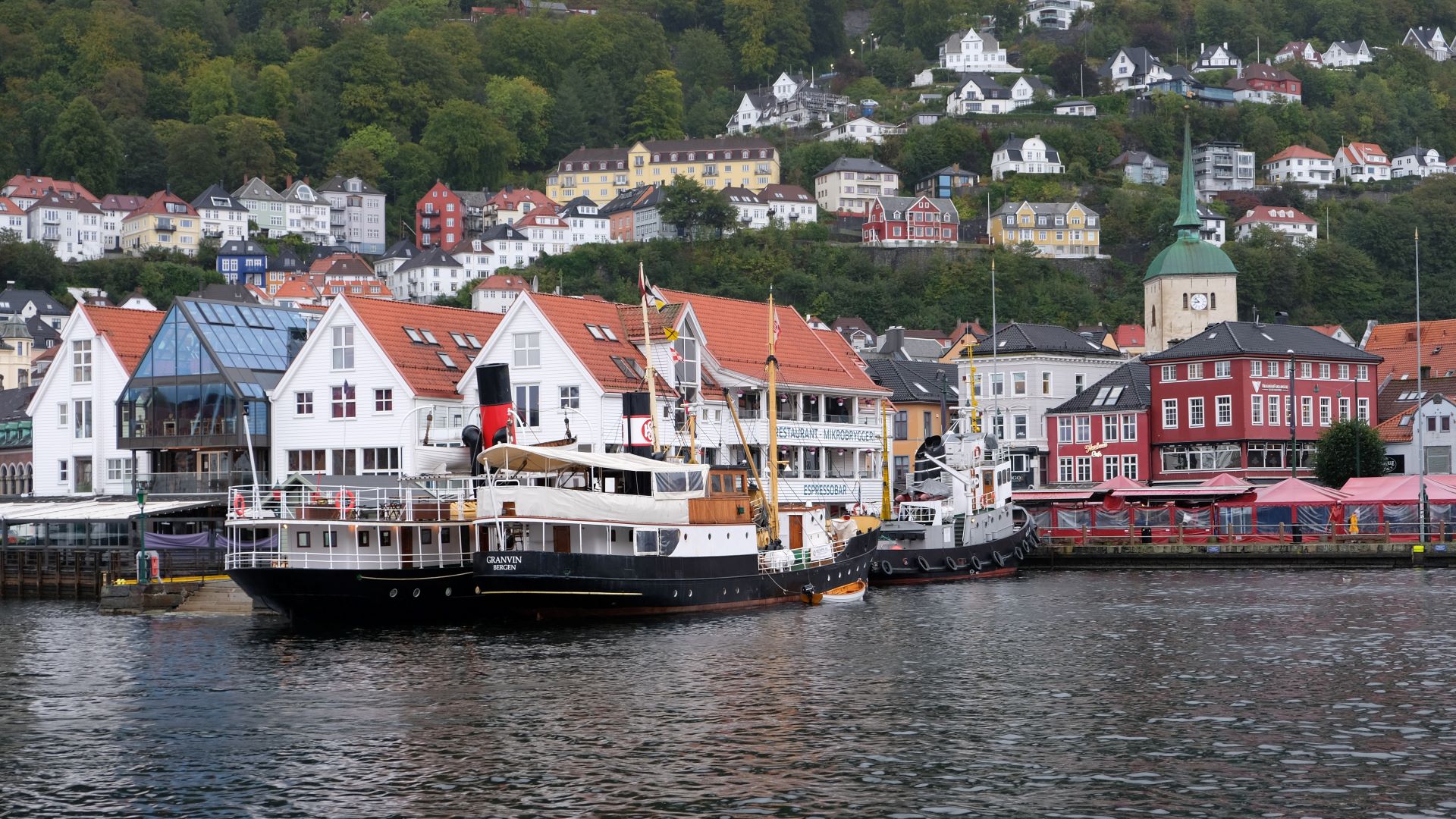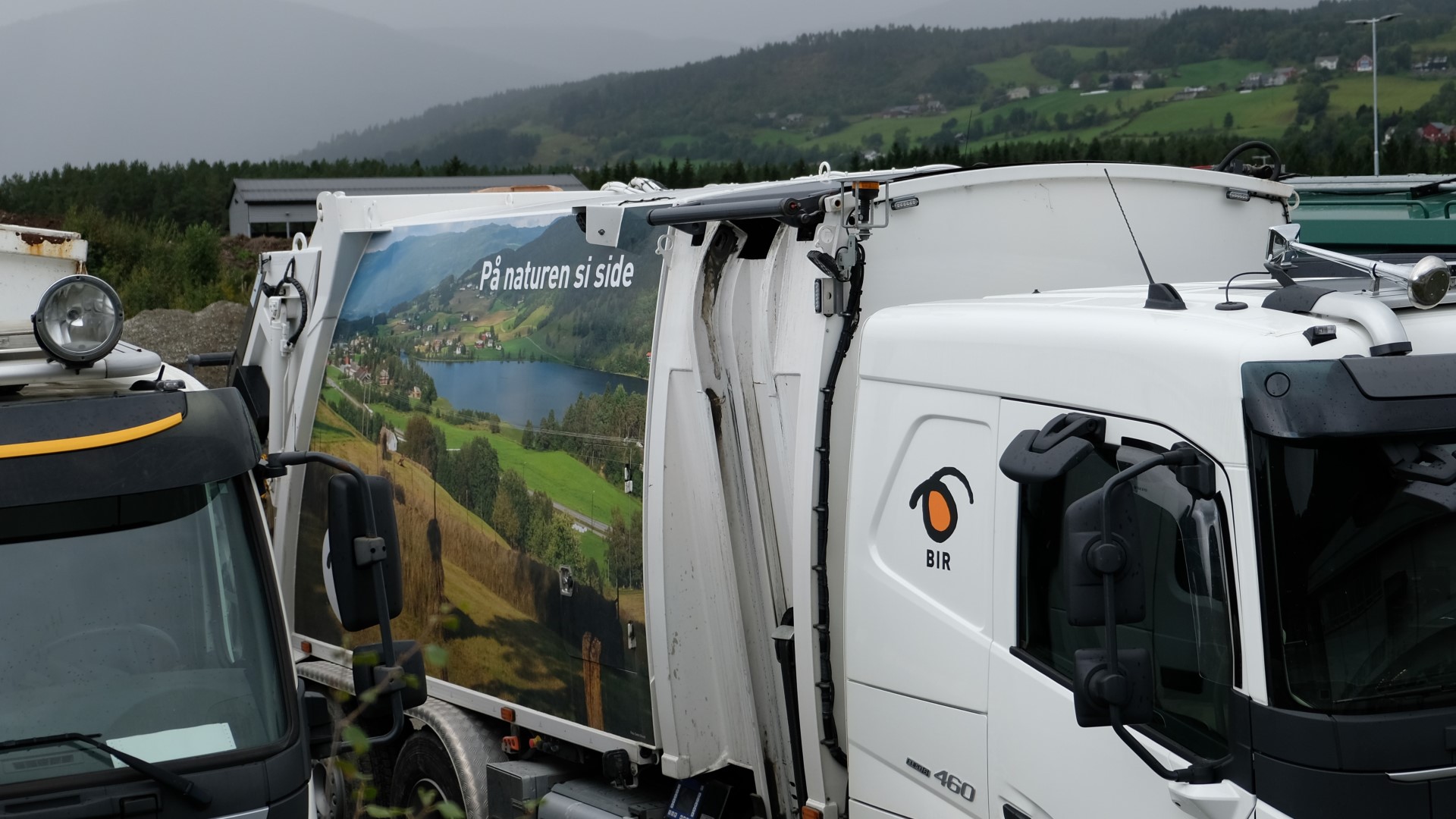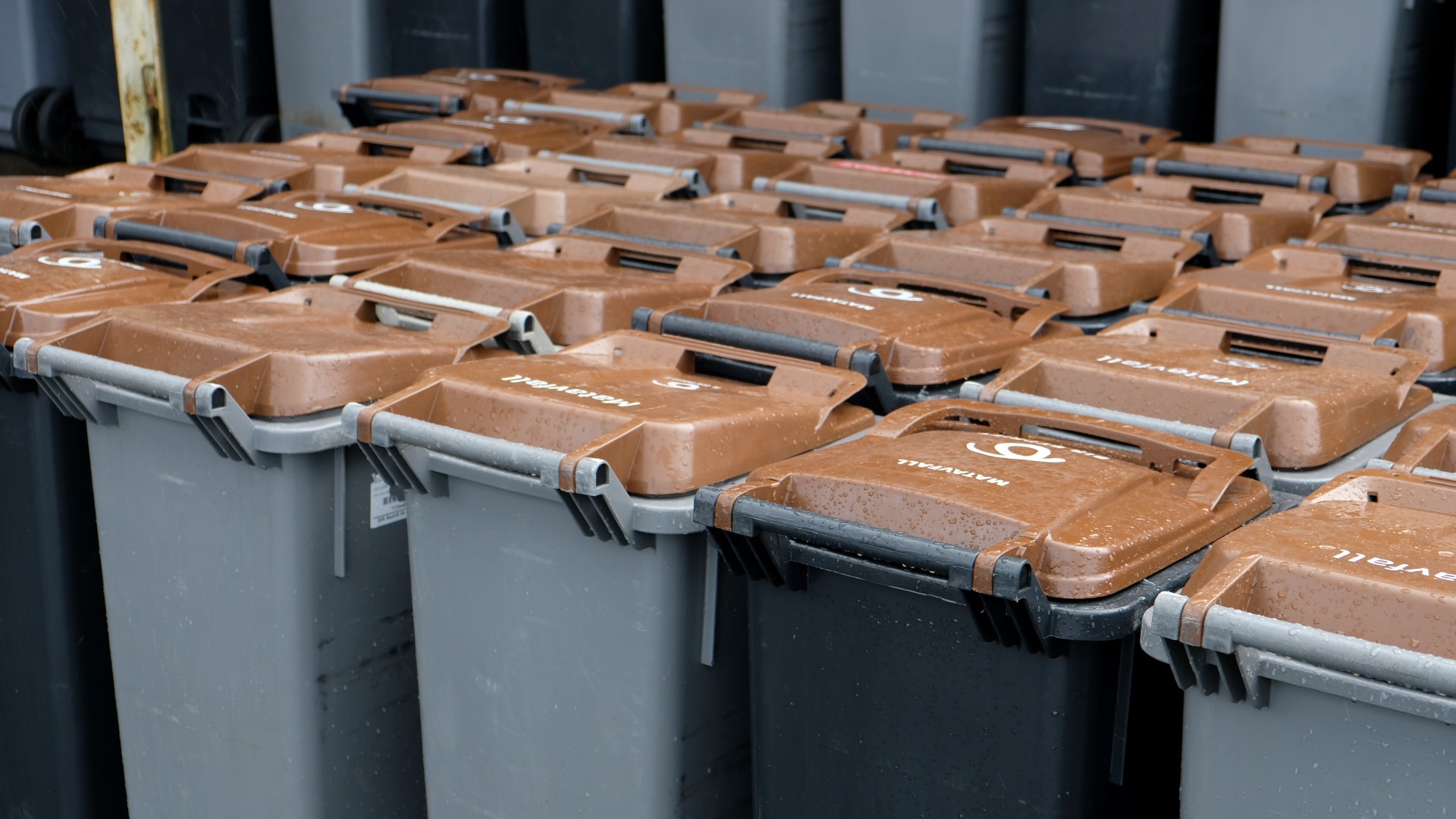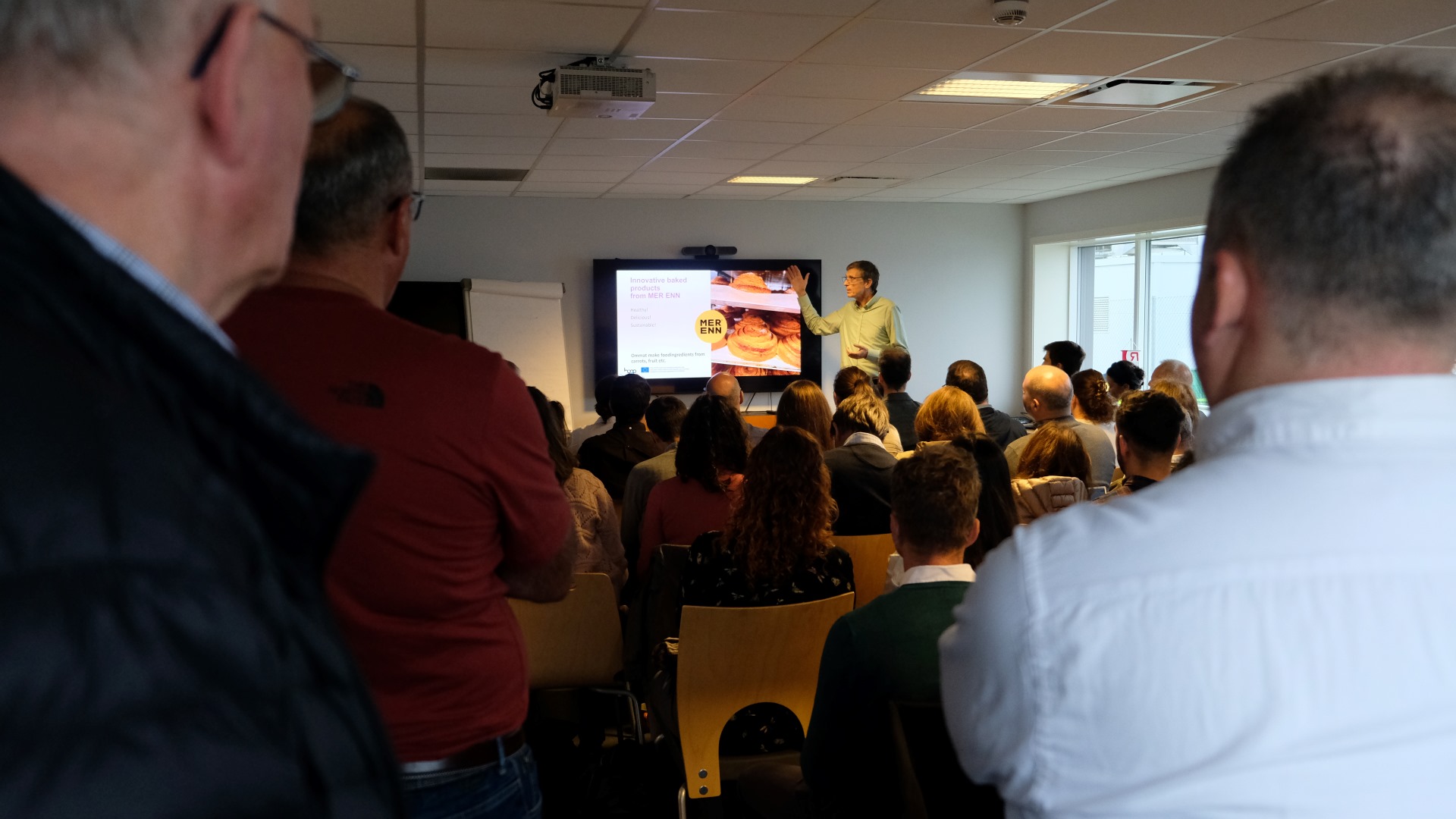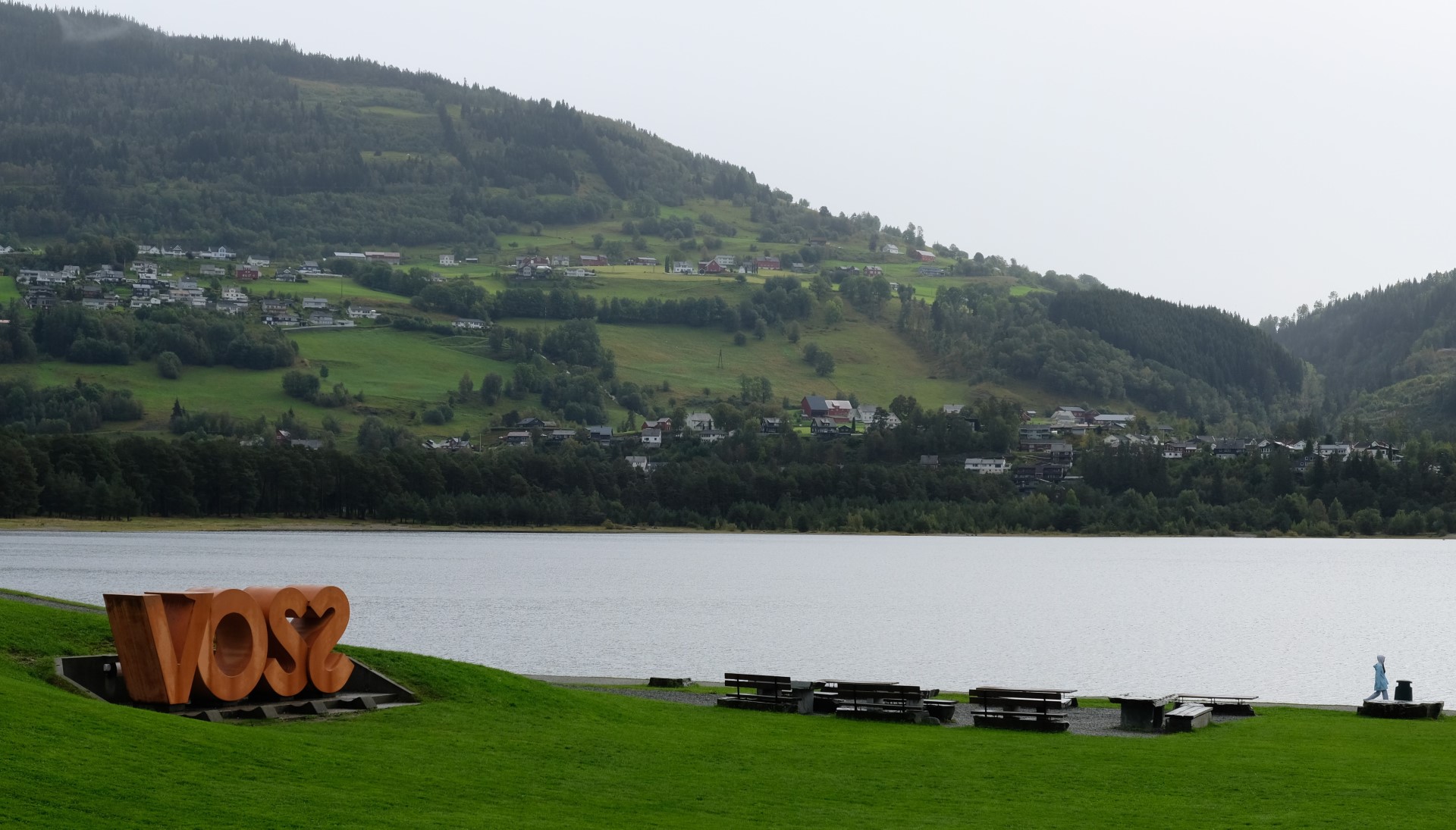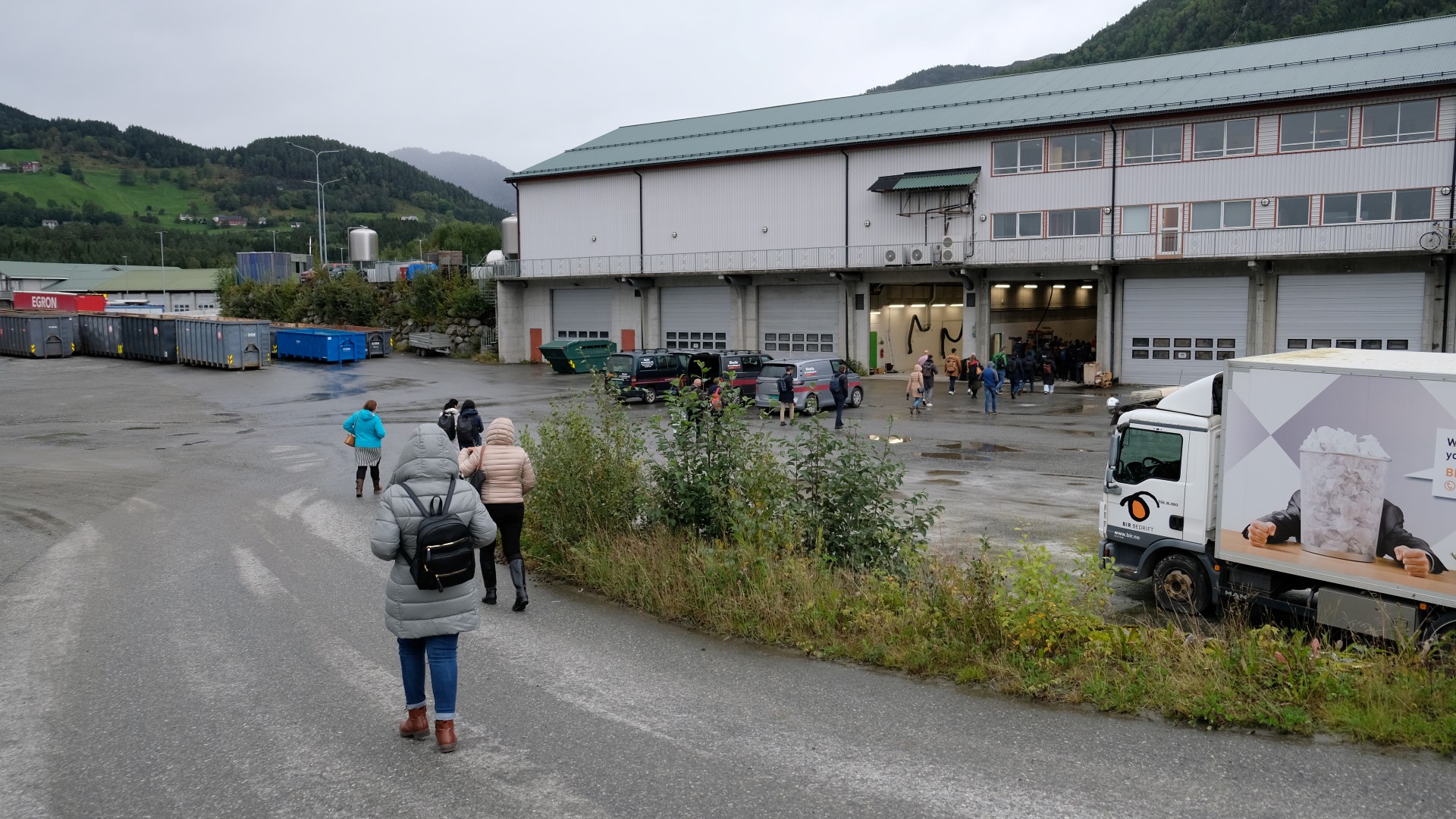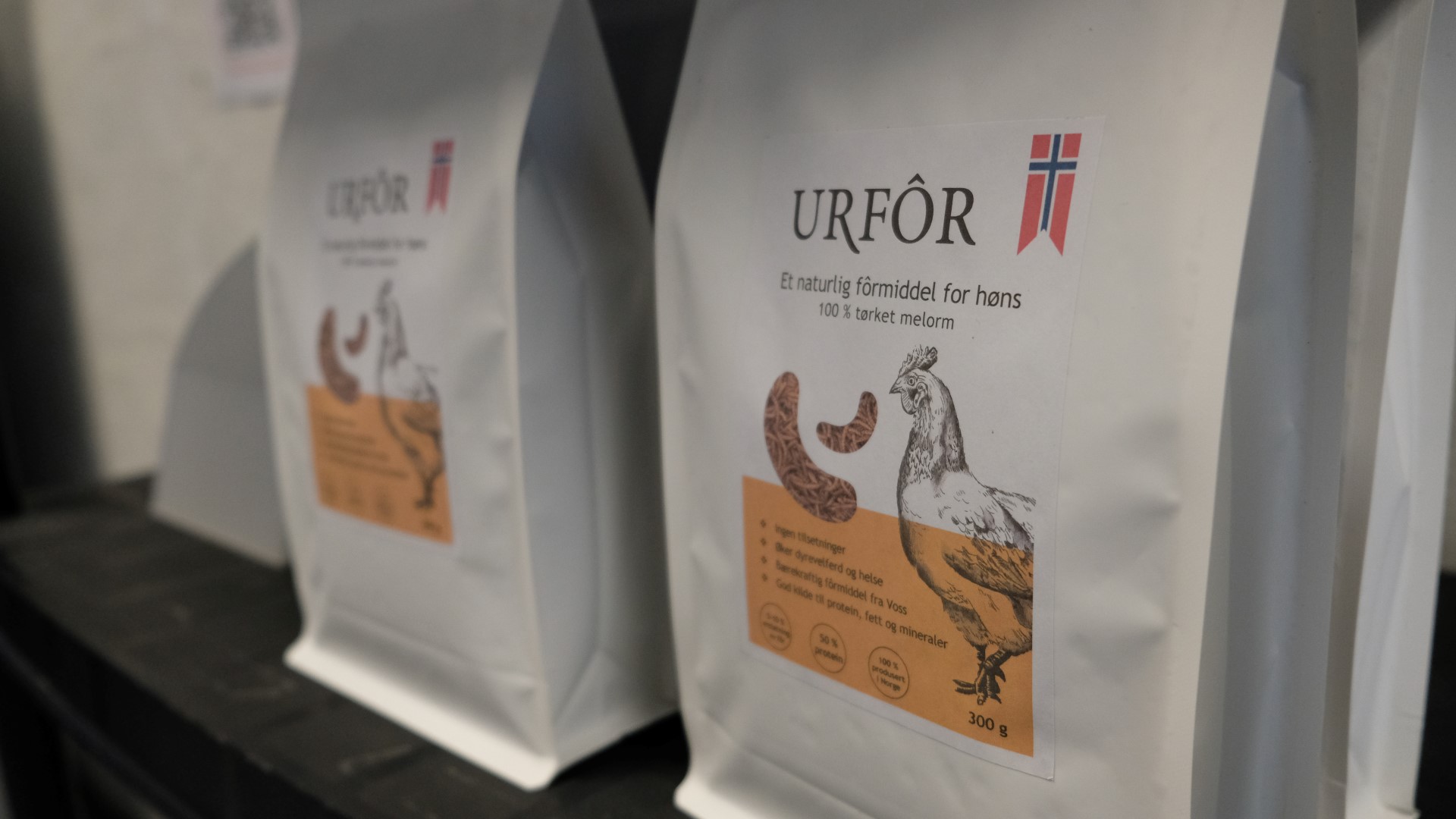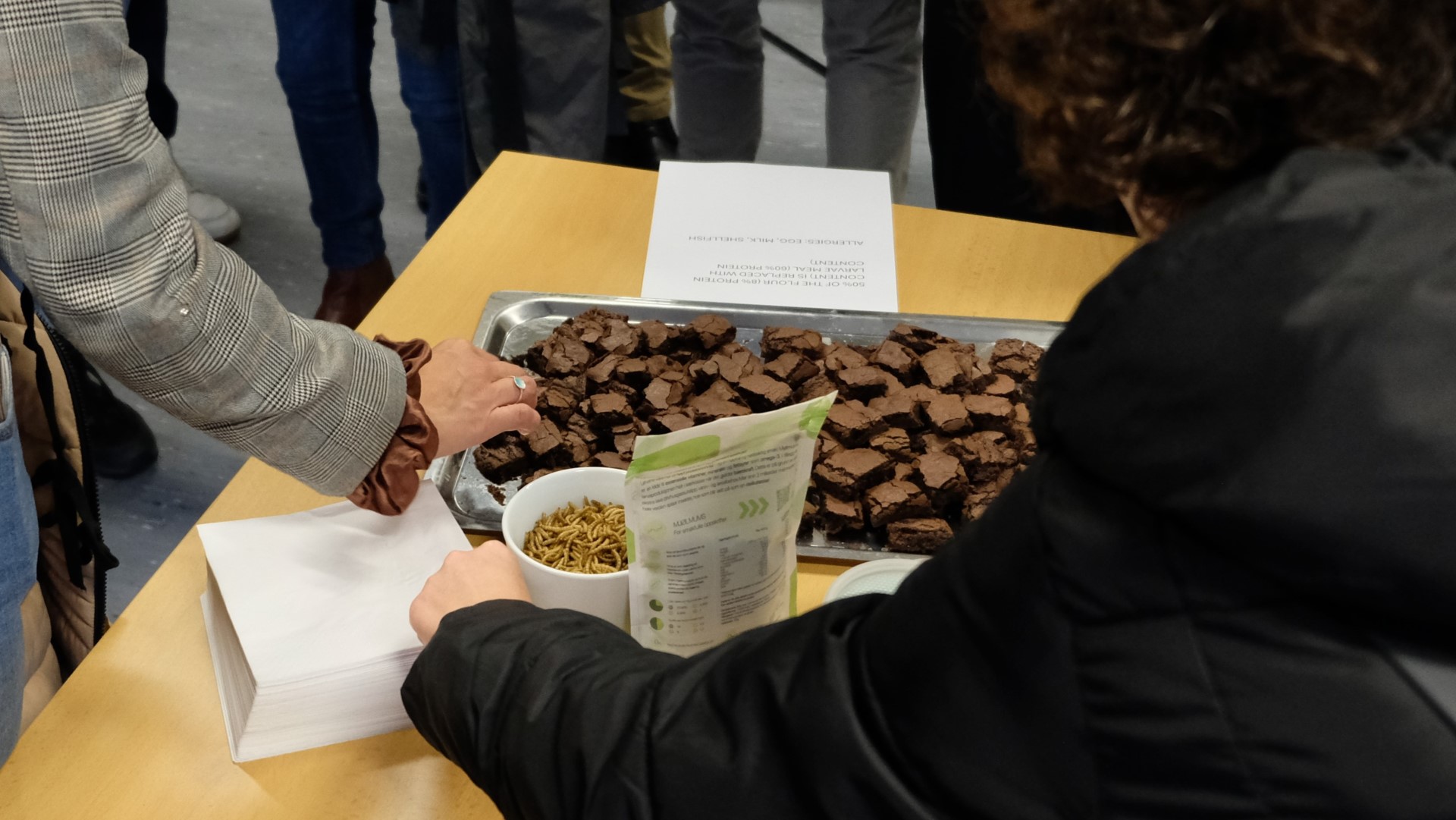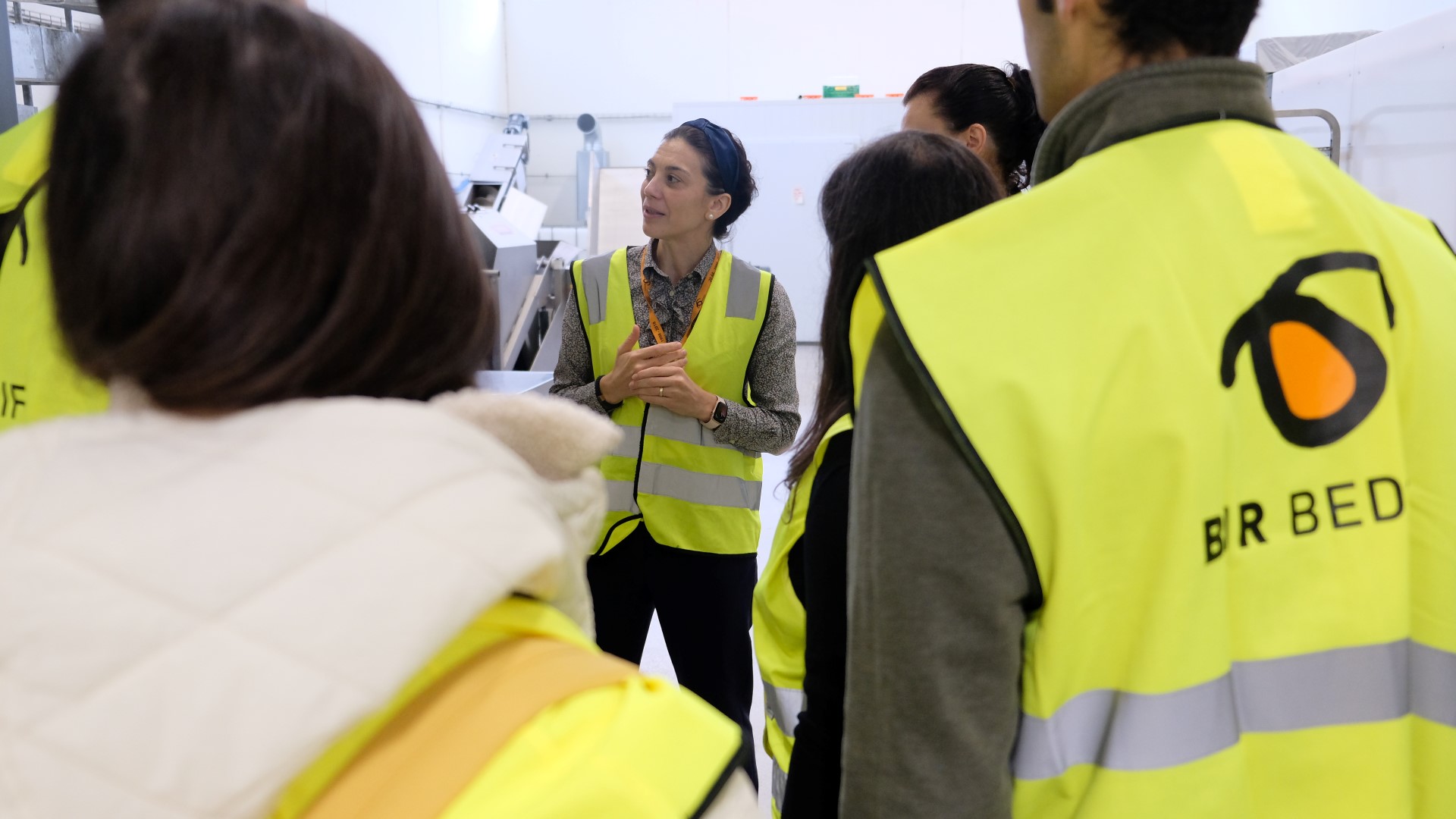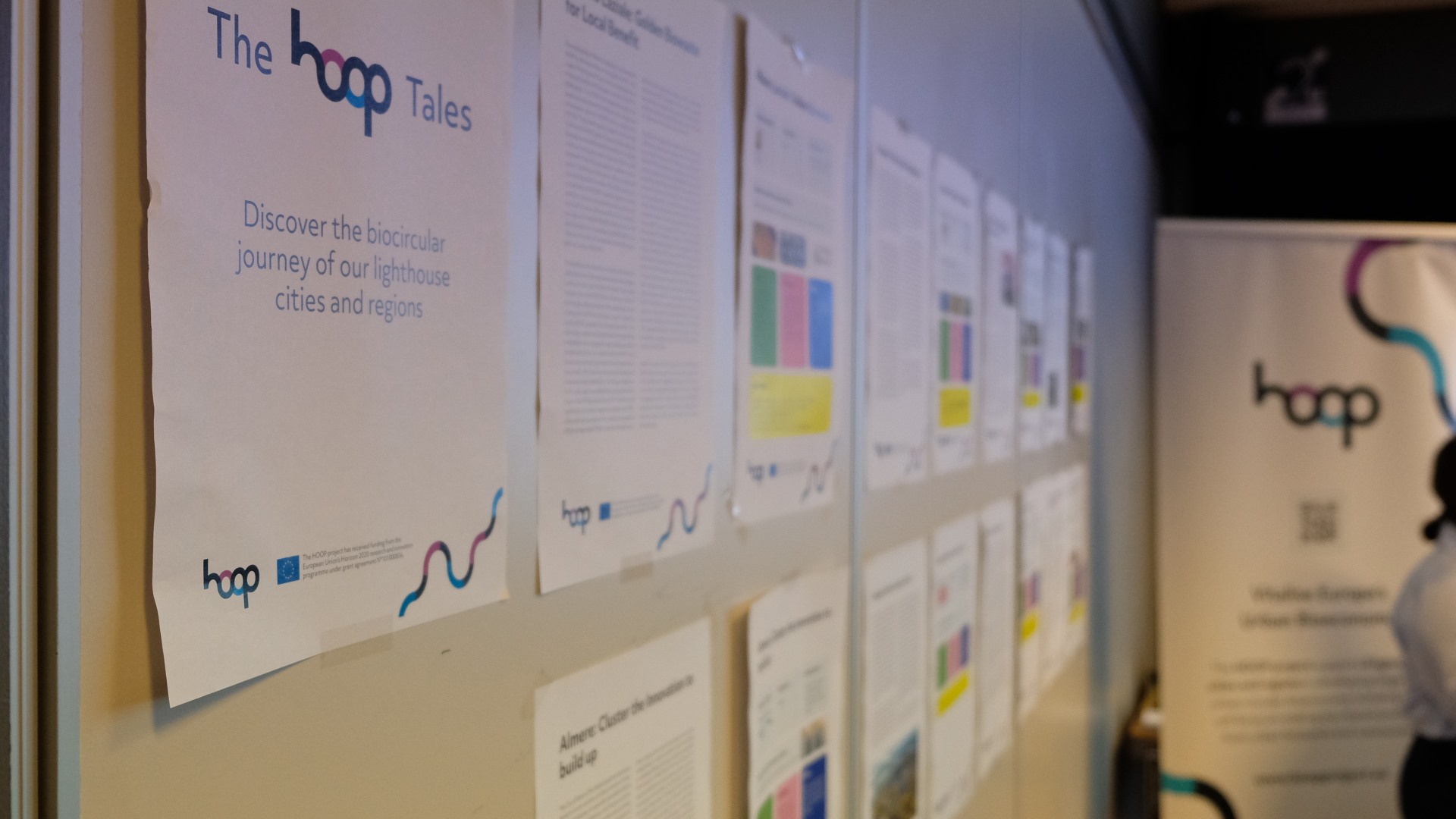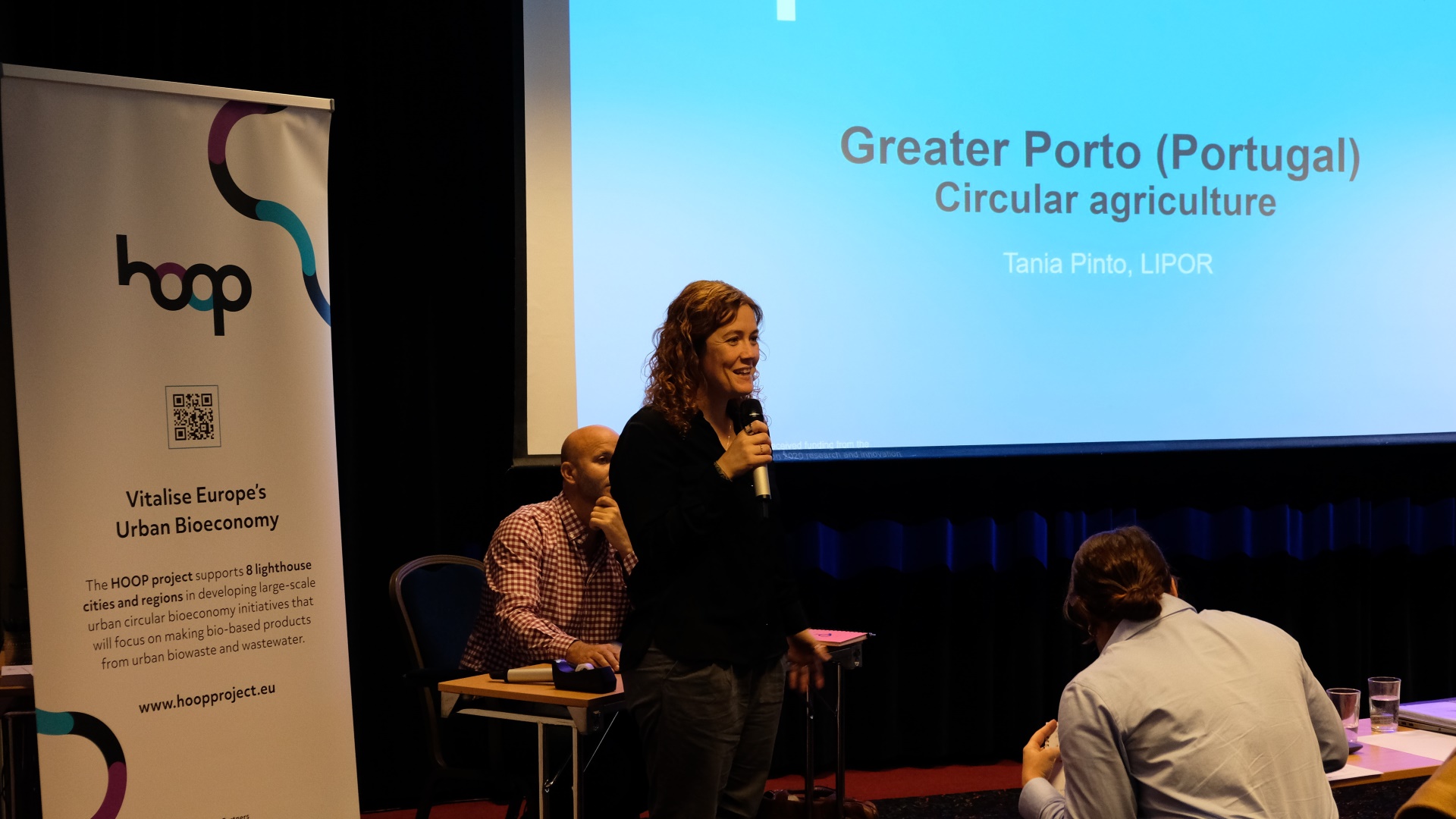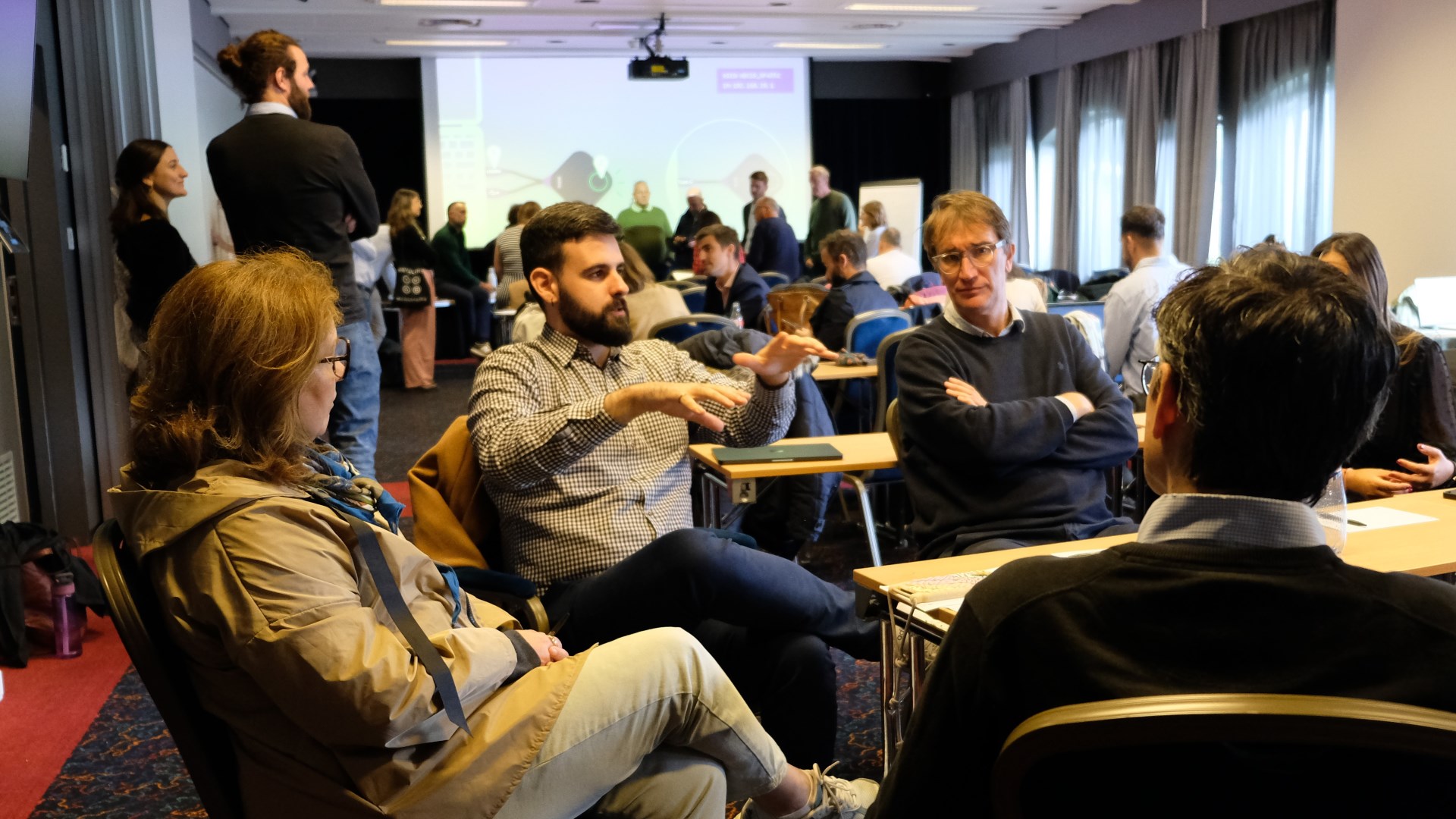Join REVOLVE and Greenovate Europe on a study tour of circular innovations in Norway
Welcome to Europe’s rainiest city. Perched on the Norway’s rugged west coast, the grand old city of Bergen is surrounded by mountains and fjords.
The hardy locals are embracing the circular economy, and is it any wonder? With the next big city more than 4 hours away, and little agriculture or manufacturing in the region, reusing materials for as long as possible makes perfect sense.
REVOLVE and Greenovate! Europe visited the region in the context of the HOOP project, a European collaboration that is helping cities and regions improve the circularity of organic materials. Our hosts, BIR, the regional waste management company, have an ambitious strategy to close the loop on food waste. They aim to transform it into sustainable proteins, which can be used as animal feed, for example within Norway’s world-leading salmon farming industry.
Part of their strategy is partnering with local startups to co-develop technologies to realise this vision. Collaboration and community is at the heart of their circular journey.
